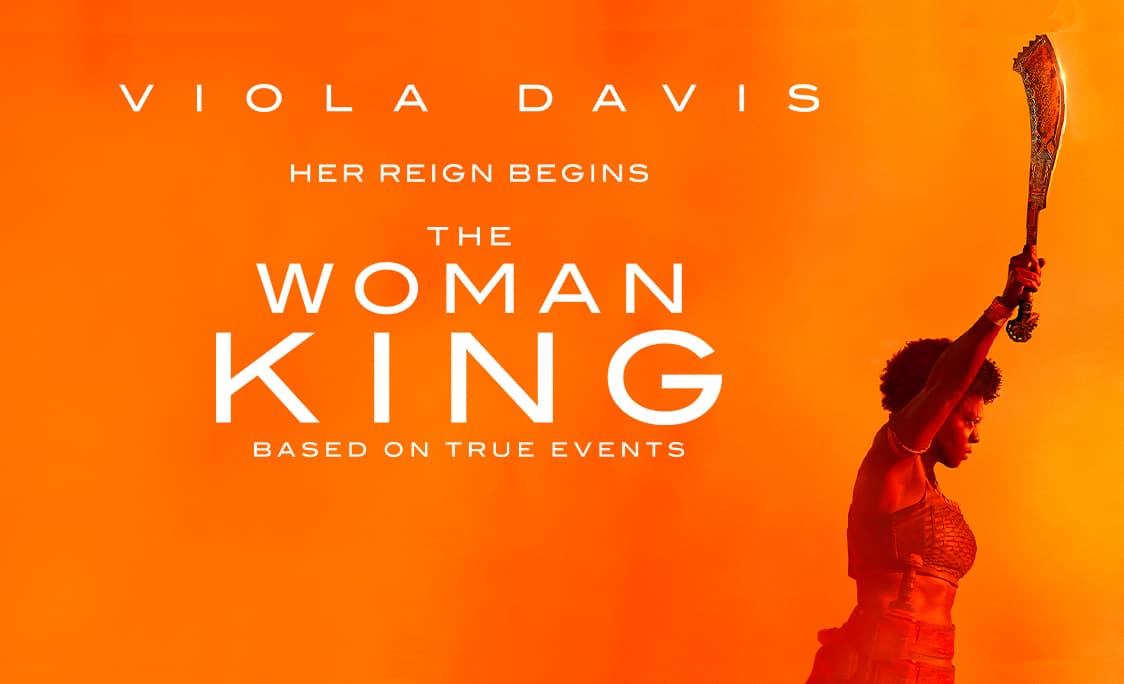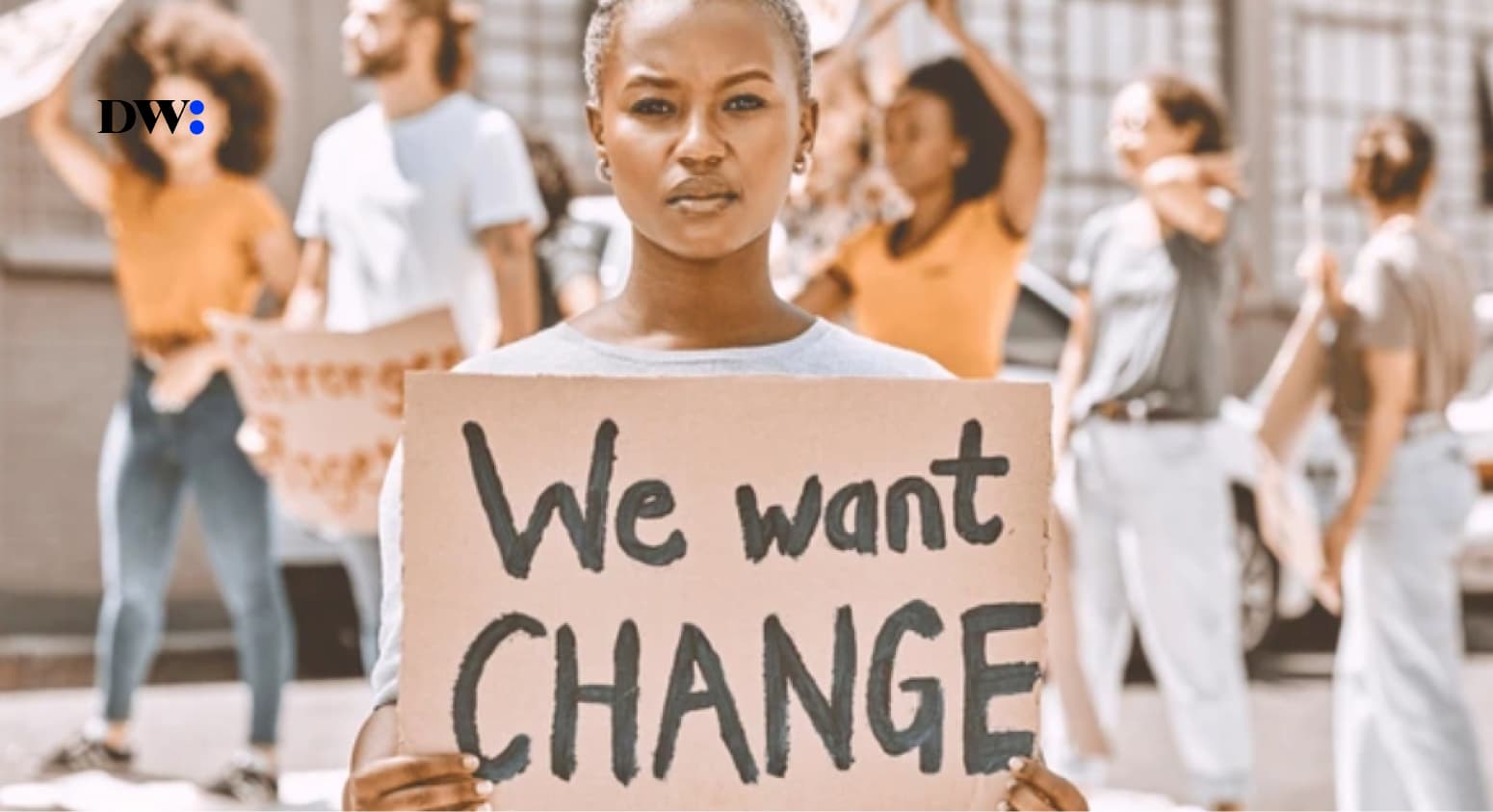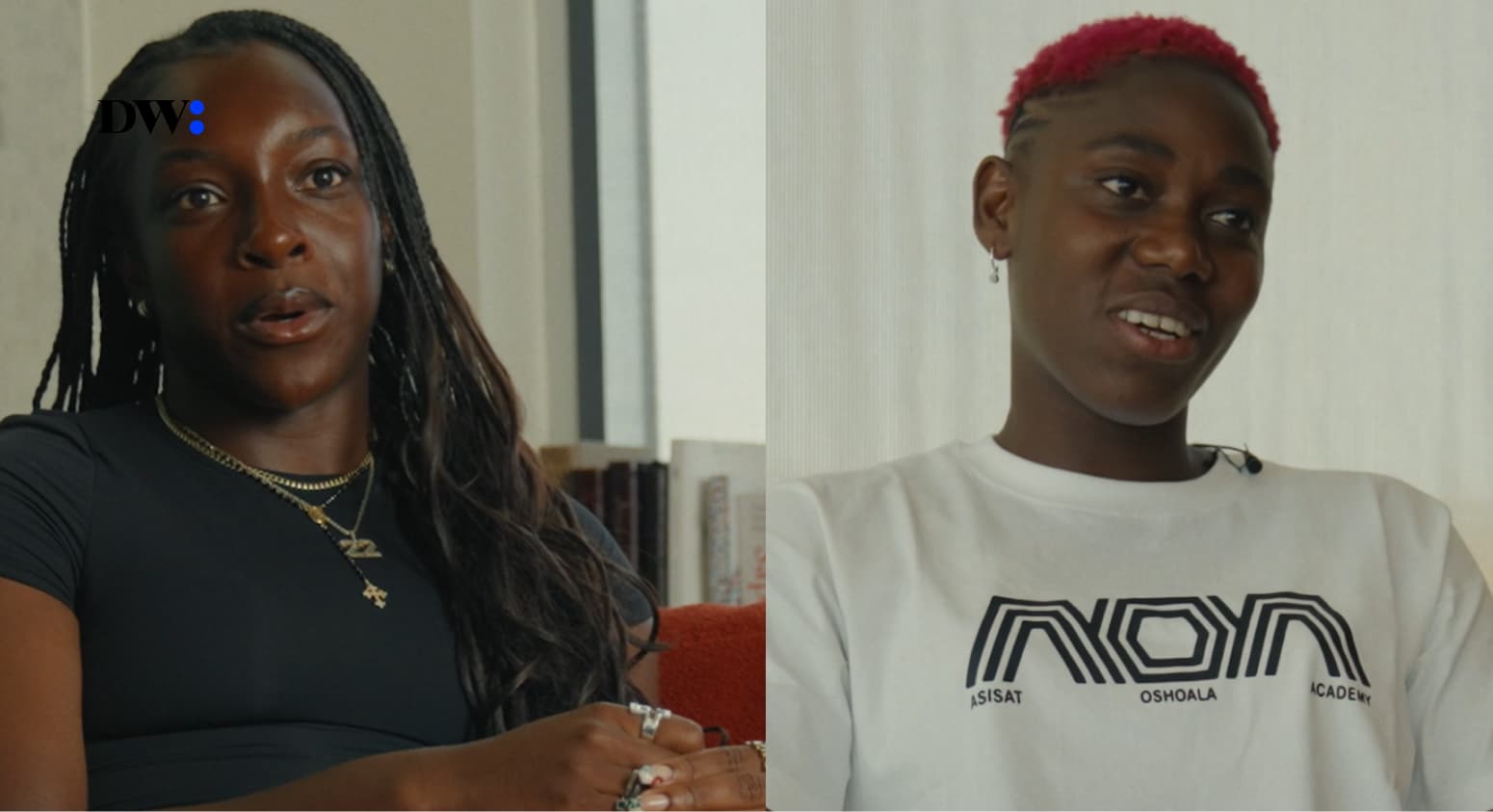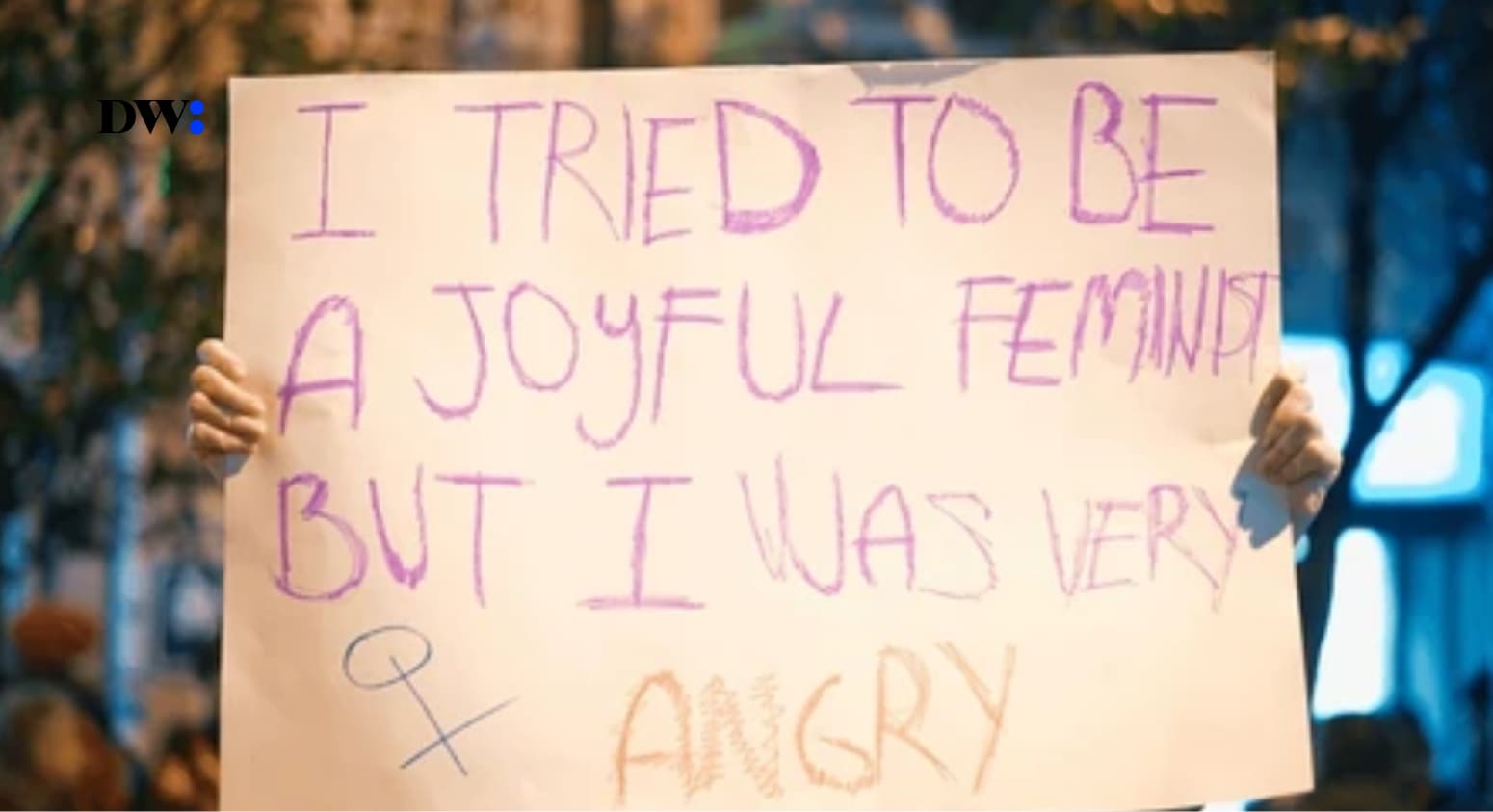Viola Davis’s The Woman King was a cutting-edge experience, a spirited period action epic based on the infamous history and sisterhood of the Agojie, the fierce 19th century all female Military force of the West African Dahomey empire, The Dahomey Amazons as coined by the French.
Historically, the 6,000-strong regiment reportedly started out as a palace guard in approximately 1700, and its fighters were formally married to the king as third-rank wives – spouses he did not have sexual relations with. At the time, the Agodjie were the only female soldiers in the world that fought in wars.
Directed by Gina-Prince Bythewood, the story centres the Agojie’s various quests in waging war and often times defeating their inter tribal enemies of the Oyo Empire, much to the advantage of Brazilian imperialists who exploit the rivalry of both tribes in order to garner more slaves as both sides often sold their captives after conquest into slavery.
Within the major backdrop of the film, Bythewood weaves in the lives of some characters which balances out the history with a captivating theatrical fiction.
Nanisca, played by the legendary Viola Davis, (one of her boldest roles yet if I must add) Nanisca is a seasoned warrior and the General of the Agojie army, she is tough and disciplined but not without her own faults and demons. We are taken on her journey to make peace with a past that haunts her in her dreams and also in a hot headed new recruit Nawi.
Nawi, played by South African actress Thuso Mbedu, is a young village girl whose father deposes to the military due to her refusal to marry. She later learns to direct her strong-willingness into becoming one of the best recruits, we follow along on her journey in between a colourful initiation and conquests establishing relationships, coming face to face with her past and growing into herself.
In the movie, the women were barred from marriage or motherhood, and enjoyed the privilege of smoking and drinking, as well as being relatively autonomous outside of their duties.
King Gezo, played by John Boyega, who is the only character in the film based on a real life King Gezo, a great king who wanted to do good by his people and trusted Nanisca and the Agojie’s in keeping his enemies at bay.
Nanisca’s number one and two Women Iziogie (Lashana Lynch) and Amenza (Sheila Atim) who are fierce warriors, always at Nanisca’s side, keeping the other warriors in check.
The Woman King does not only portray the Agojie’s in war mode, we are also drawn into the sisterhood they share through colourful initiation rites, ceremonious war preparations filled with dancing and soulful melodies of tribal war songs and their special chant to gear themselves into battle mode.
In spite of this exciting plot, critics of the film have challenged the historical authenticity in the portrayal of the Agojie in the film. After credible research, it is agreeable to an extent, that their concerns are valid, but I also think, just like with Disney’s Mulan and The Dora Milaje of Marvel’s Black Panther, there is no harm in giving little African girls another set of female superheroes to be proud of.
Looking beyond the theatrical excellence of this film, here’s a glimpse into the real history of the Dahomey Amazons and their role in the grand scheme of the history of the Dahomey Empire.
The Dahomey Empire had always been a well feared empire throughout the West African region and even beyond. They played a huge role in boosting the transatlantic slave trade in the region, they weren’t merely an empire that exchanged war captives for resources, the kingdom was built on perpetual war and enslavement.
According to an article by the National review, it is said that slave trading was central to Dahomey’s government revenue. They had to constantly increase armed and skilled forces to protect their people and capture slaves through conquest in order to remain predator and never prey.
Up until King Gezo, who is the king portrayed in The Woman King, the female force were a mere traditional and political ruse, a small auxiliary force that ultimately grew into a fearsome army across the region, after King Gezo’s coup, even more revered than their male counterparts. They were known for their precision in training, courage and fierce resistance to retreat or surrender.
King Gezo, who ruled the kingdom between 1818 and 1858, explicitly said that the slave trade was “the source and the glory” of his people’s wealth.
Since learning the brief History of the Agojie, it has been a lingering question as to why a conservative African nation would send its women out to battle. Author Wilmot, a British naval officer who visited the empire during Gezo’s reign explains (paraphrasing) that perhaps, as war was a necessity to keep the state afloat, a constant drain of the male population was required and because there were more women than men in the community, the kings of Dahomey had to raise and keep these women soldiers.
The uniqueness of the whole thing impressed the foreign slavers and even today just like then, masks the reality of what the Agojie really were, an oppressive militant force.
Their portrayal in The Woman King is a sugar coated version of the real deal. They were brutal oppressors of the people of neighbouring communities, they couldn’t have been against the slave trading as is played in The Woman King because selling off captives was what provided them ammunition for more battles and resources for the Empire.
It is in fact recorded that after Britain had passed a law to end the transatlantic slave business, they had sent representatives to the Dahomey Empire (as well as other powerful regions) to sign a treaty to put and end to it but to no avail. But even a palm tree must bend to the wind, they finally met their waterloo when Gezo’s government waged a war against the city of Abeokuta in 1851.
King Gezo marched both his male and female soldier units to storm the walls but little did they know that the British had forewarned this community and supplied them ammunition to defend themselves. The outcome of their defeat cost them over a third of the warriors and left the structure of the Agojie hanging by a thread. During the reign of King Gelele, Gezo’s son and successor, is what ushered in the end of the Dahomey Amazons.
The fight against the French in the 1890’s, the one time they fought in defence of their kingdom and not to oppress and take captives, which ended in the great Dahomey Empire becoming a french colony.
The history of African countries participating in the slave trade is sensitive, some social media users had created the hashtag #BoycottWomanKing in protest of the film’s failure to address the Dahomey Kingdom’s involvement.
Viola Davis and other cast members had defended the film, claiming that Hollywood can’t be tasked with historical accuracy, and I agree.





